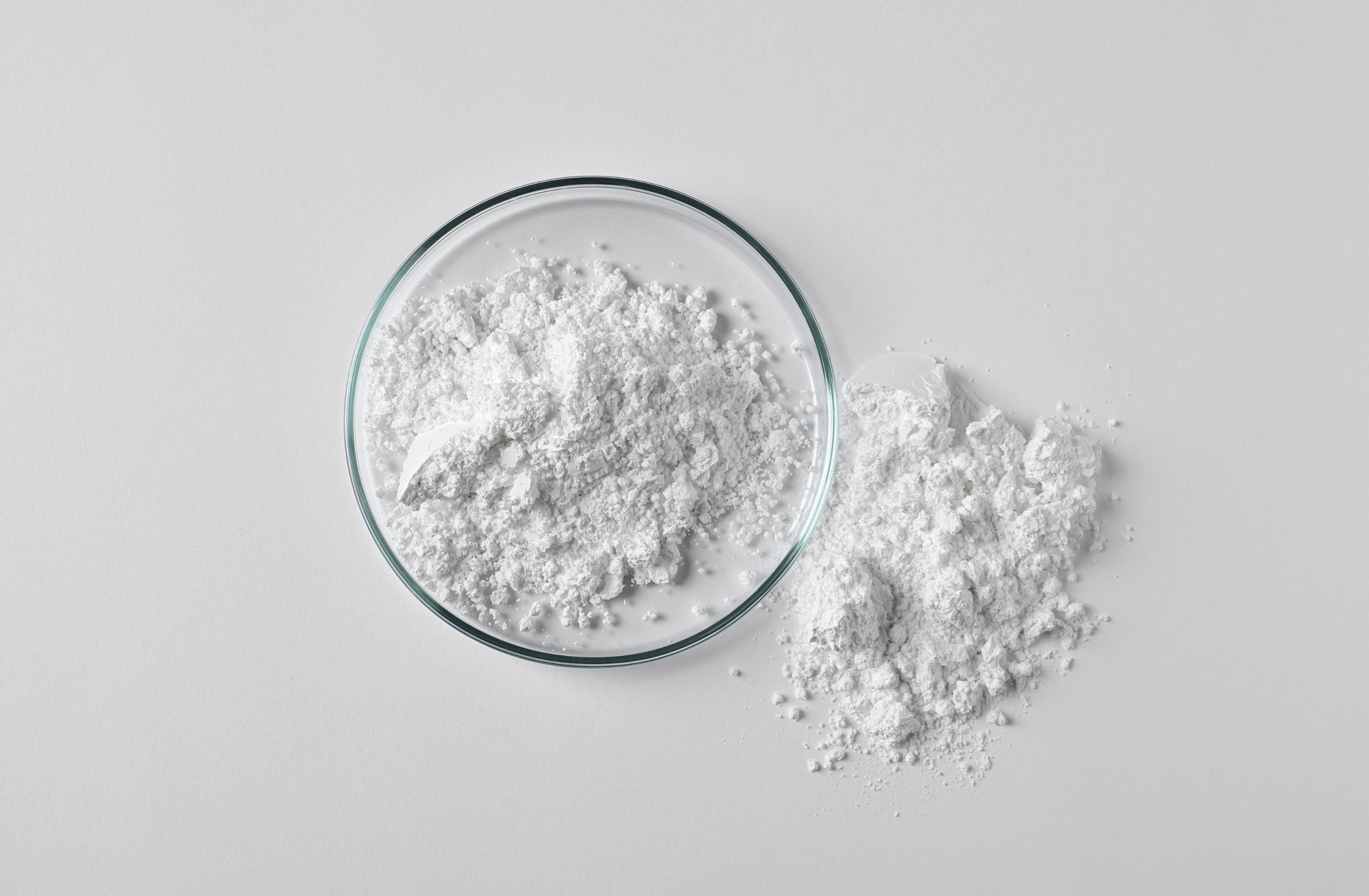
THE HIDDEN DANGERS IN COLLAGEN SUPPLEMENTS: HEAVY METAL CONTAMINATION
In 2020, a prominent study revealed alarming truths: while evaluating the most popular collagen supplement brands in the US, it was found that 64% tested positive for measurable levels of arsenic, 37% for lead, 34% for trace levels of mercury, and 17% for measurable levels of cadmium. In some cases, these detected levels of heavy metals exceeded regulatory thresholds, with certain elements measuring two to three times the permissible limits [5]. The presence of these contaminants poses serious health threats, such as neurological damage and cancer, highlighting the urgent necessity for enhanced quality control and regulatory supervision in the supplement industry.
In this article, we will explain how heavy metals can end up in our food and supplements, compare the regulatory measures for heavy metals in supplements in the US and the EU, and provide tips to ensure you are getting a high-quality and safe supplement.

WHAT ARE HEAVY METALS AND HOW ARE WE EXPOSED TO THEM?
We must first understand that humans can naturally encounter metallic elements in the air we breathe, the water we drink, and the food we eat. It’s impossible to avoid them completely. But what are heavy metals exactly? While our bodies need certain metals for specific biological functions, they are required in very small amounts. These essential metals include zinc, copper, chromium, and iron. However, other metals, such as lead, cadmium, and mercury, can cause organ damage if exposure is too high. These are the elements we refer to when discussing heavy metals in the context of supplement regulation. In modern times, the risk of increased exposure to heavy metals is a reality due to urbanisation and industrialisation [4].
SOURCES OF HEAVY METALS IN COLLAGEN SUPPLEMENTS
One major concern with collagen supplements is that they often come from animals raised in Concentrated Animal Feeding Operations (CAFOs). These operations are typically used to decrease production costs, prioritising quantity over quality. Animals in CAFOs are fed GMO grains treated with chemicals like heavy metals, pesticides, antibiotics, and hormones. The waste from these animals pollutes soil and water, transferring heavy metals to drinking water and crops. Additionally, GMO crops absorb heavy metals from fertilisers, which accumulate in the animals' biological tissue. As a result, collagen sourced from these animals may have higher levels of heavy metals, posing health risks to consumers [2,5,6].
At LEMAlab, we source our collagen from grass-fed, pasture-raised animals. As the name implies, pasture-raised cows eat natural grass instead of processed grain. They are also free from the antibiotics and additives found in grain-fed cows. We strictly oppose such practices, which we qualify as animal cruelty. Ethically and health-wise, pasture-raised bovine hydrolysed collagen is a superior choice.

REGULATORY MEASURES FOR HEAVY METALS IN SUPPLEMENTS: US VS EU
Both the US and EU regulate supplement safety, but the EU is known for stricter limits on harmful substances. Certain additives allowed in the US are banned in Europe.
For heavy metals, the European Food Safety Authority (EFSA) sets specific limits for food supplements. In contrast, the US FDA provides guidance based on total daily intake, often resulting in higher permissible levels [7].
In the US, stricter voluntary limits exist. The United States Pharmacopeial Convention (USP) sets maximum levels for heavy metals based on a daily intake of 10 grams of a supplement. California's Proposition 65 also imposes stringent limits on various substances. These standards, while voluntary, are highly respected and widely adopted by manufacturers [1, 3].
The differences in these regulations highlight the challenge for consumers in finding high-quality, safe supplements [8]. Understanding these regulatory frameworks is crucial for making informed choices.
CHOOSING SAFER COLLAGEN SUPPLEMENT OPTIONS
When selecting collagen supplements, opt for reputable brands that prioritise proper sourcing of ingredients and maintain transparency about their production processes. Clean, high-quality ingredients are fundamental to ensuring a safe and effective product. Furthermore, third-party lab testing is essential to verify the absence of contaminants like heavy metals and pesticides, offering consumers unbiased assurance of product safety.
At LEMAlab, all of our raw ingredients undergo strict quality certifications, and we use third-party lab testing in NSF-approved laboratories to ensure our products meet the highest safety standards.

BOTTOM LINE
Heavy metals are widespread in our environment and can pose significant health risks with prolonged exposure. Notably, big, famous brands are not always focused on quality and safety. Consumers should be cautious and choose brands that emphasise transparency and quality assurance through third-party testing. This approach helps mitigate potential health risks associated with heavy metal exposure from supplements. At LEMAlab, we prioritise your health and ethical standards by sourcing our collagen from grass-fed, pasture-raised animals and ensuring rigorous third-party testing for contaminant-free products.
Access the complete study on the heavy metal content in popular collagen supplements by clicking this link.


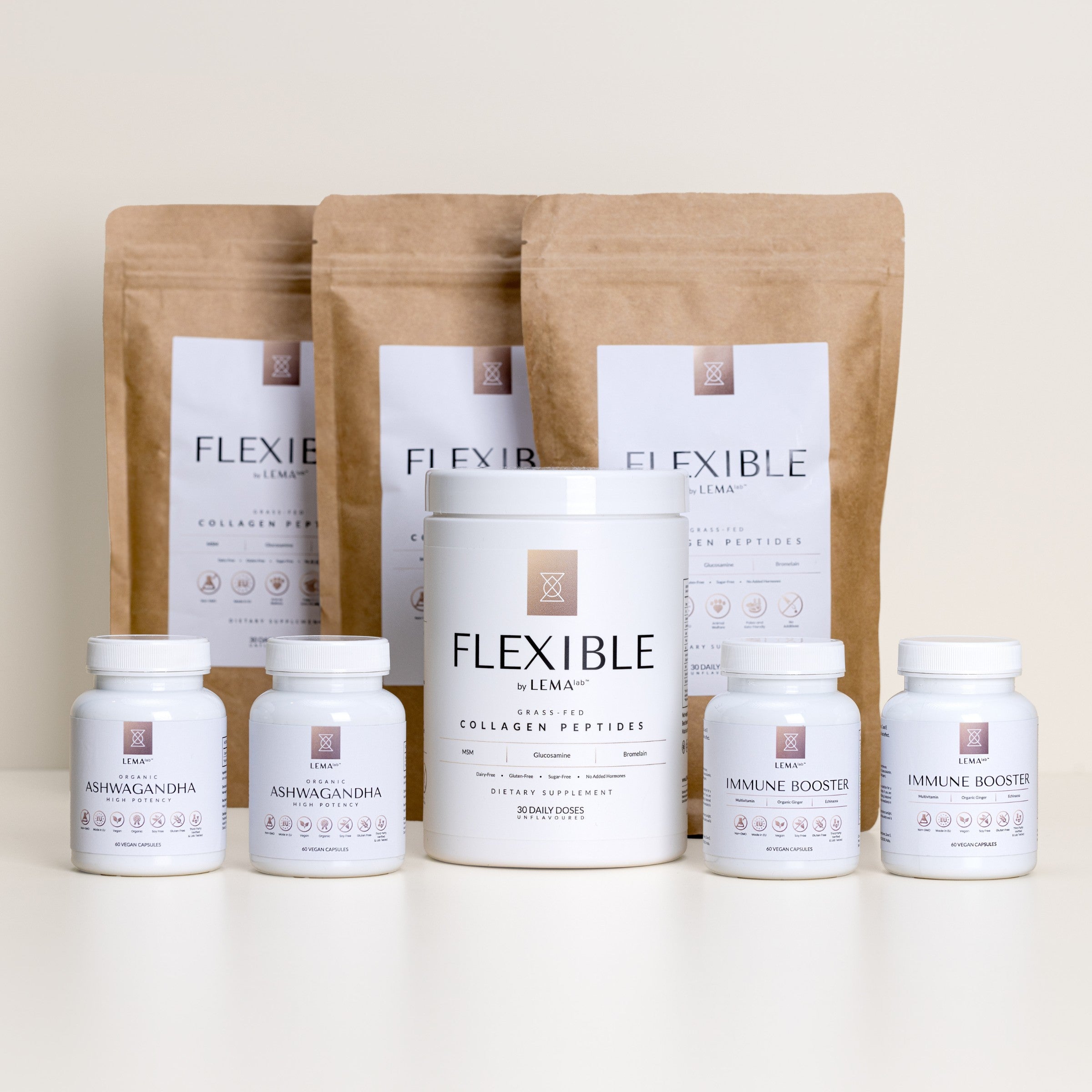
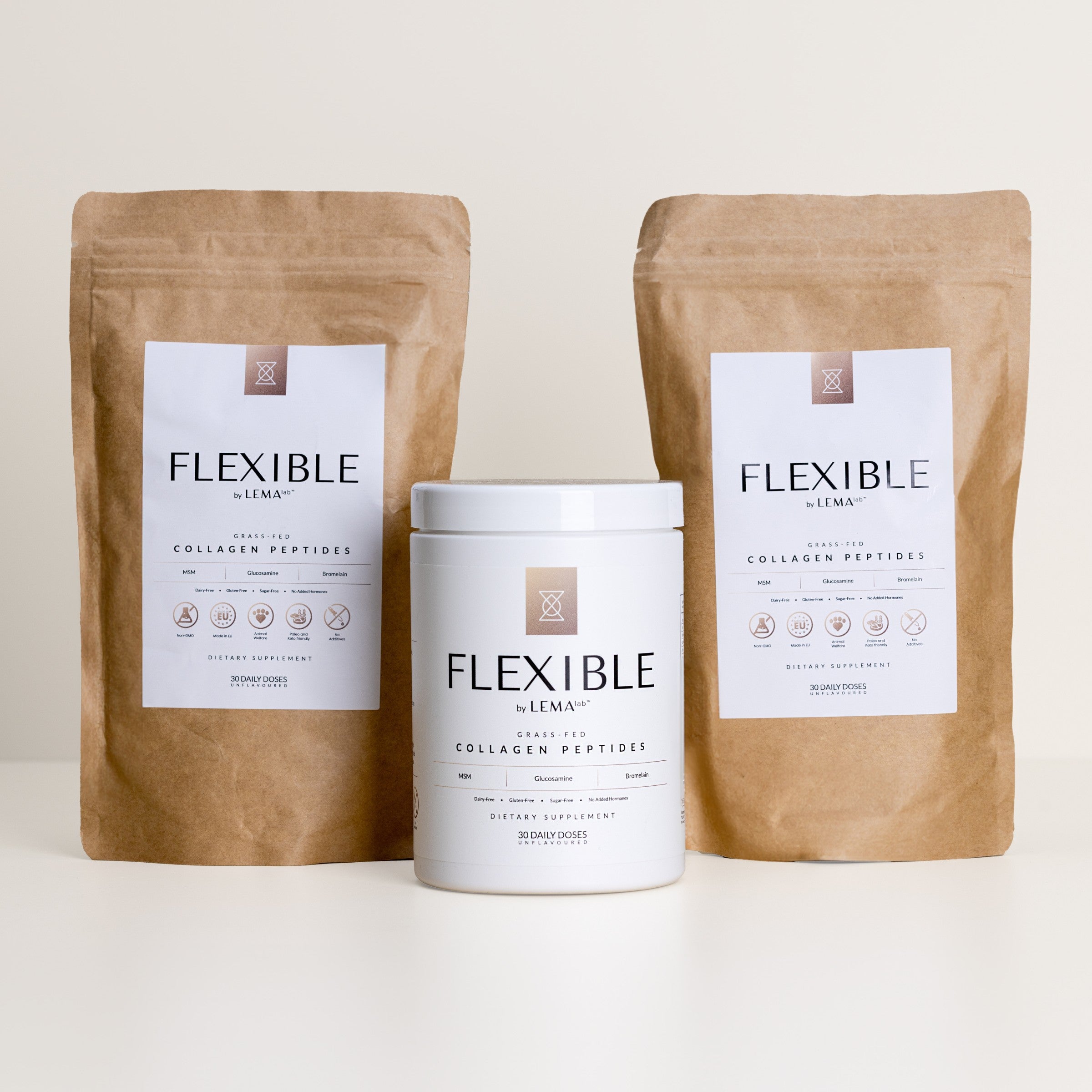

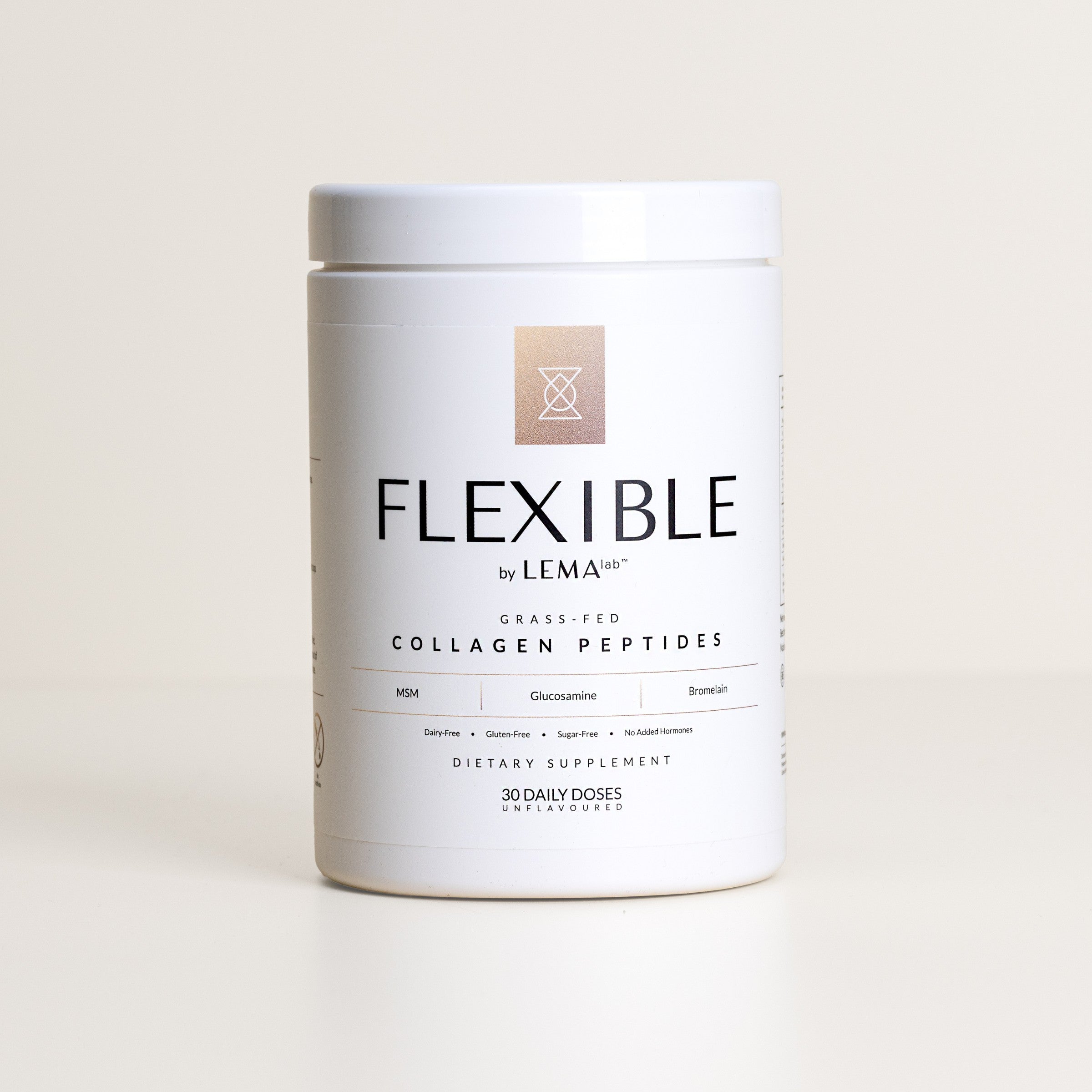
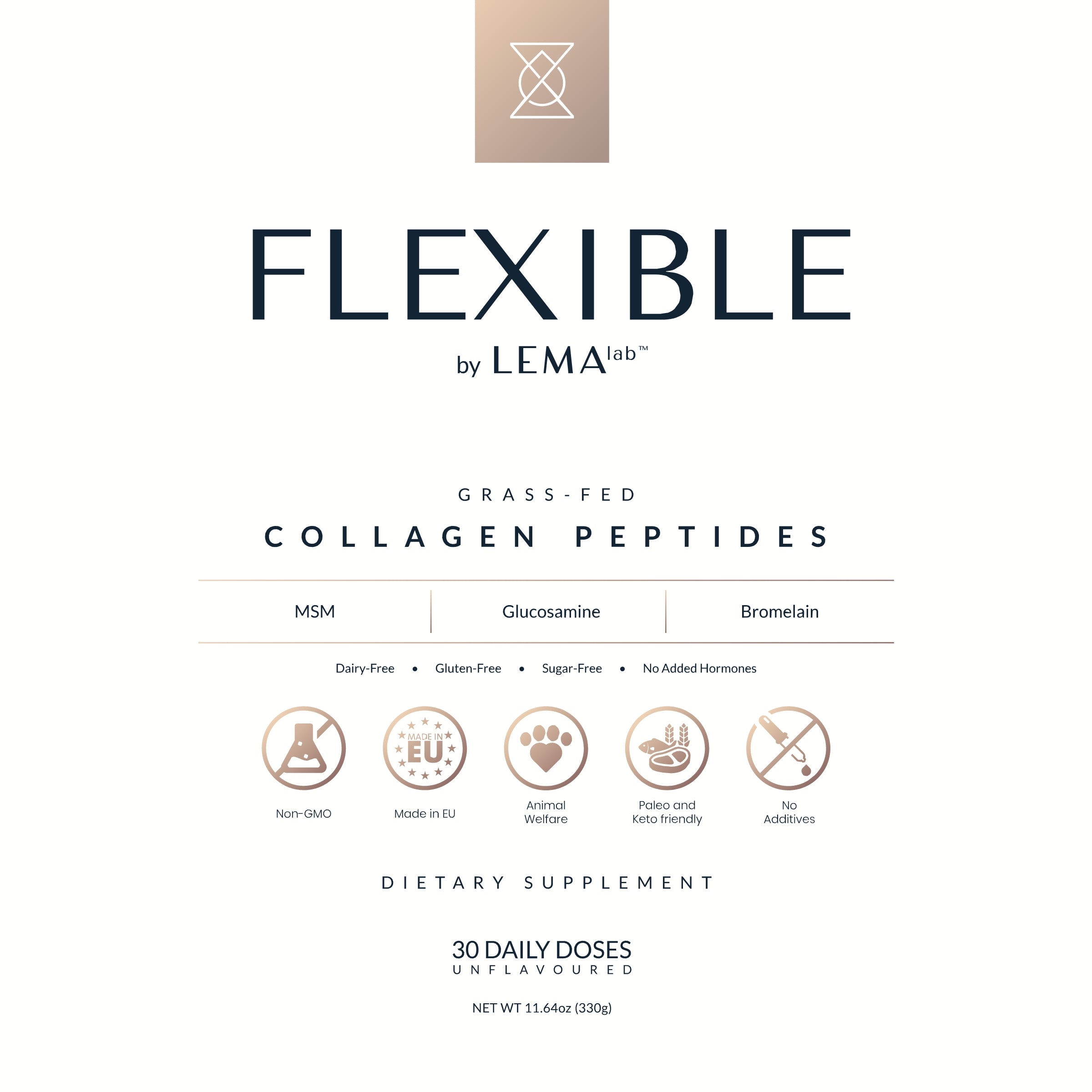
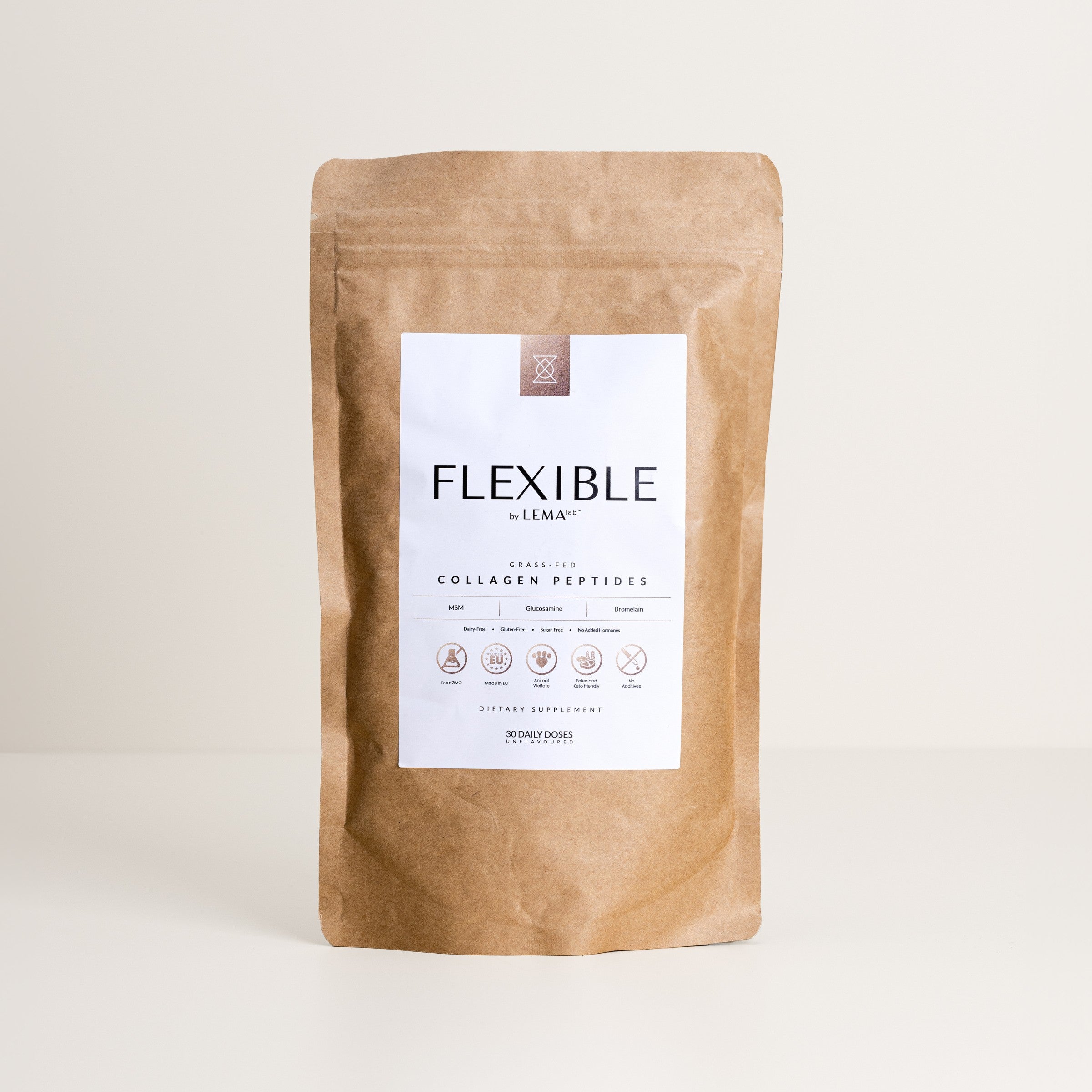
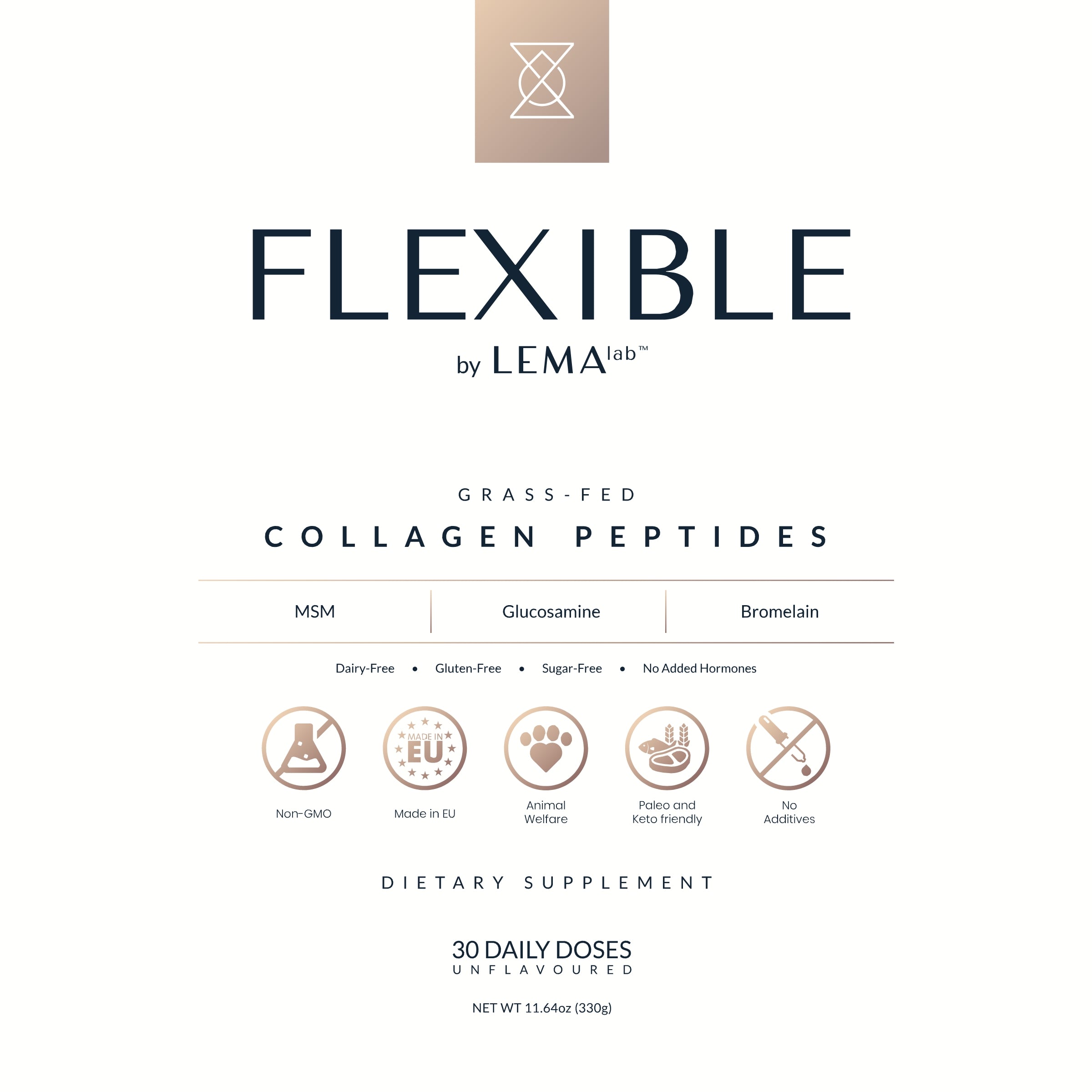
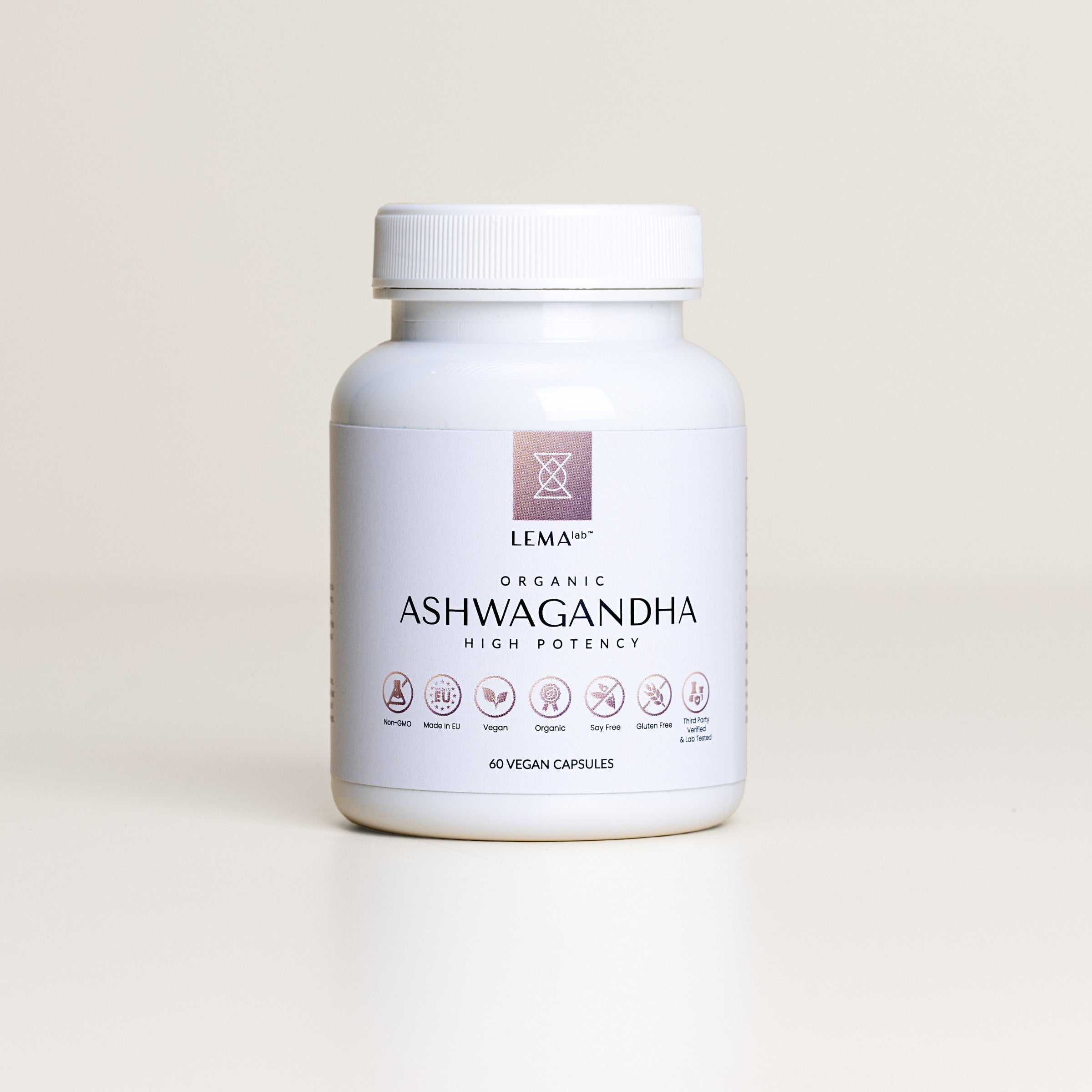
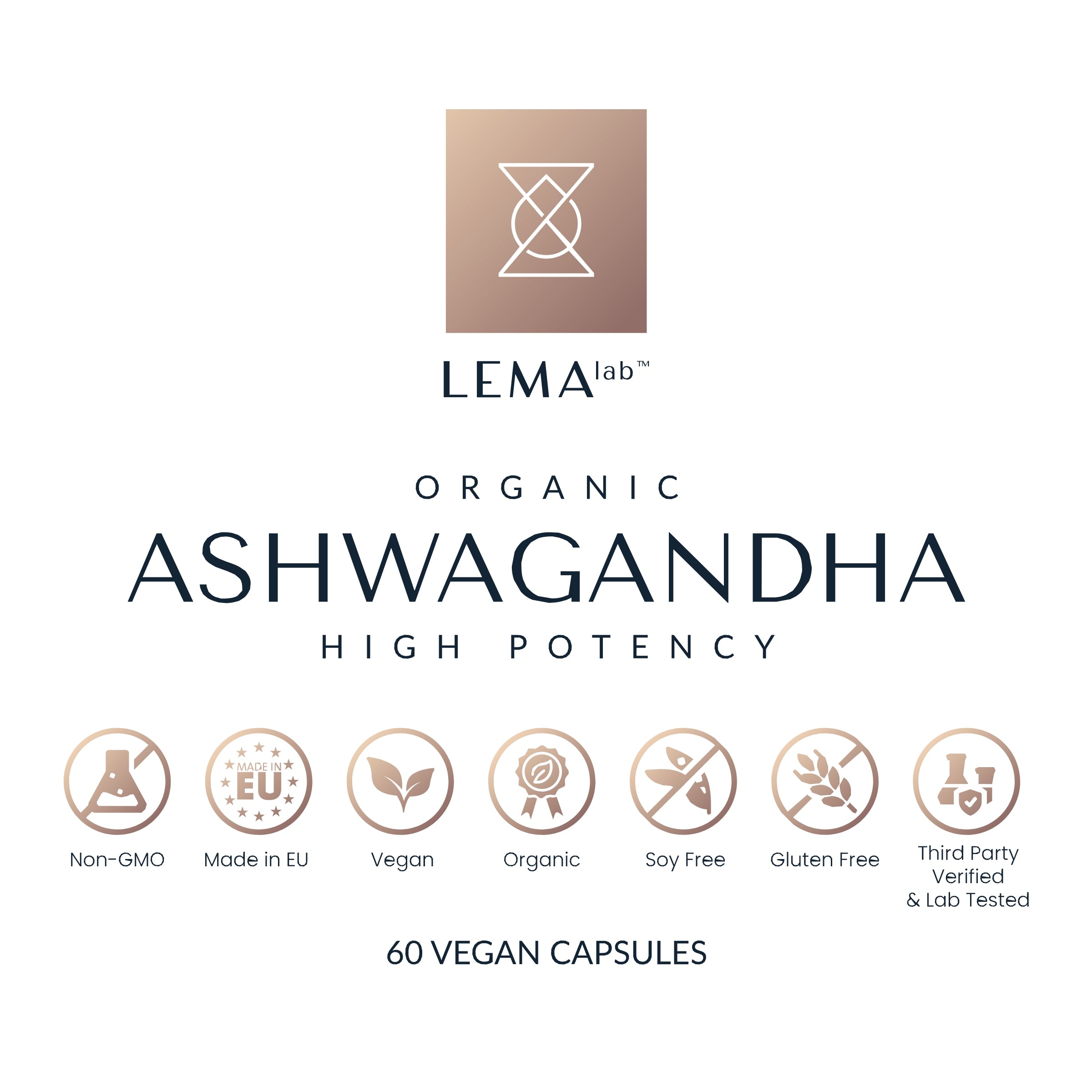
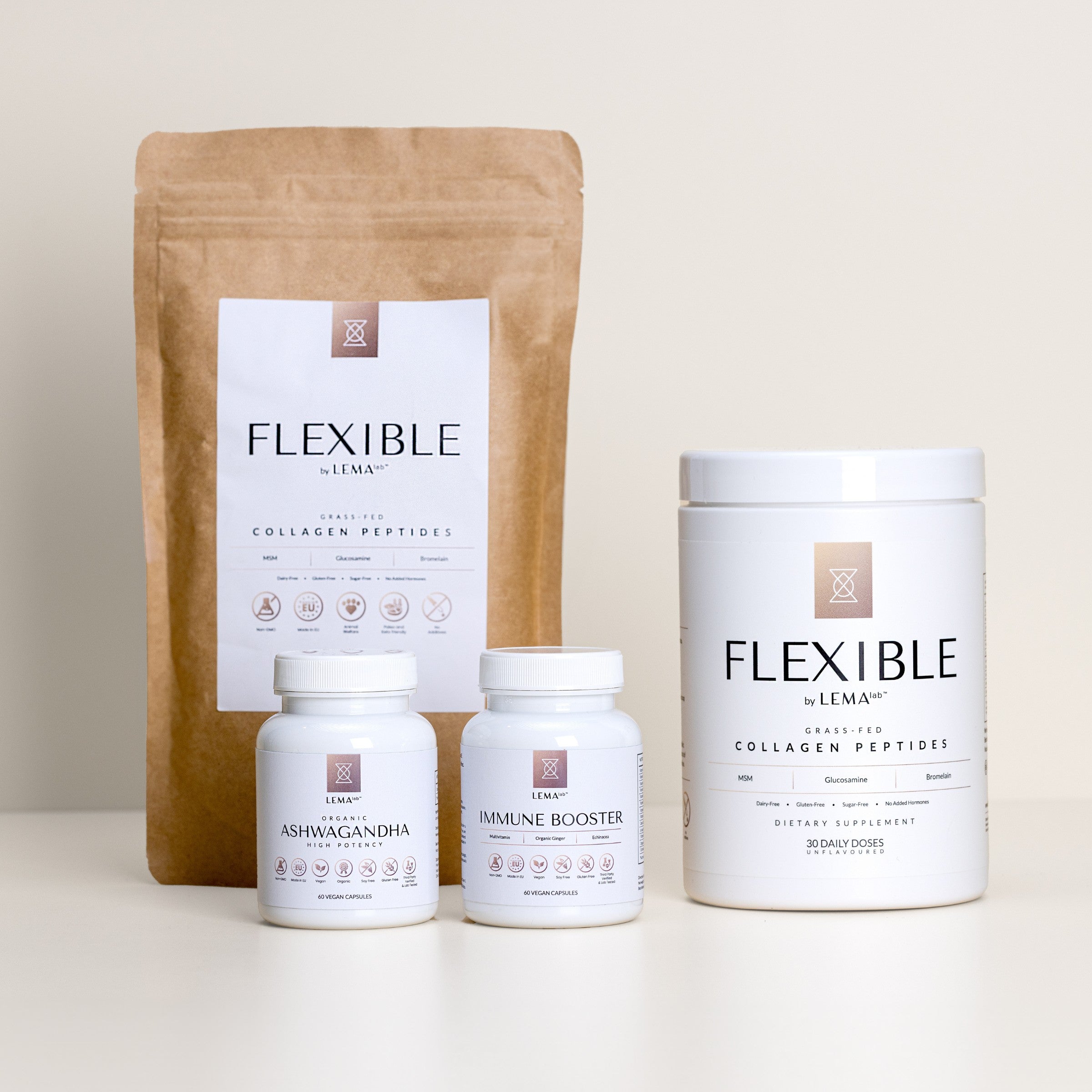
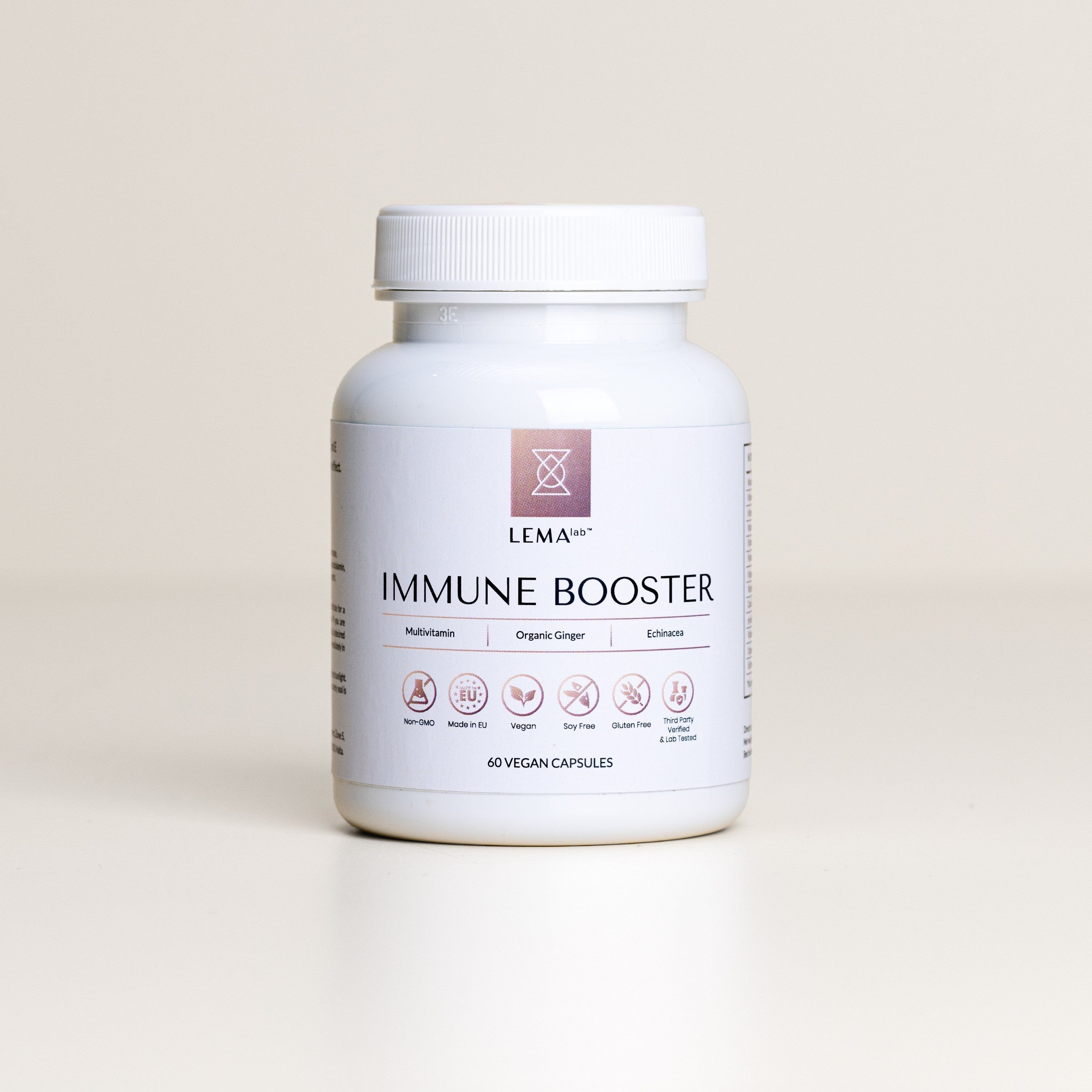
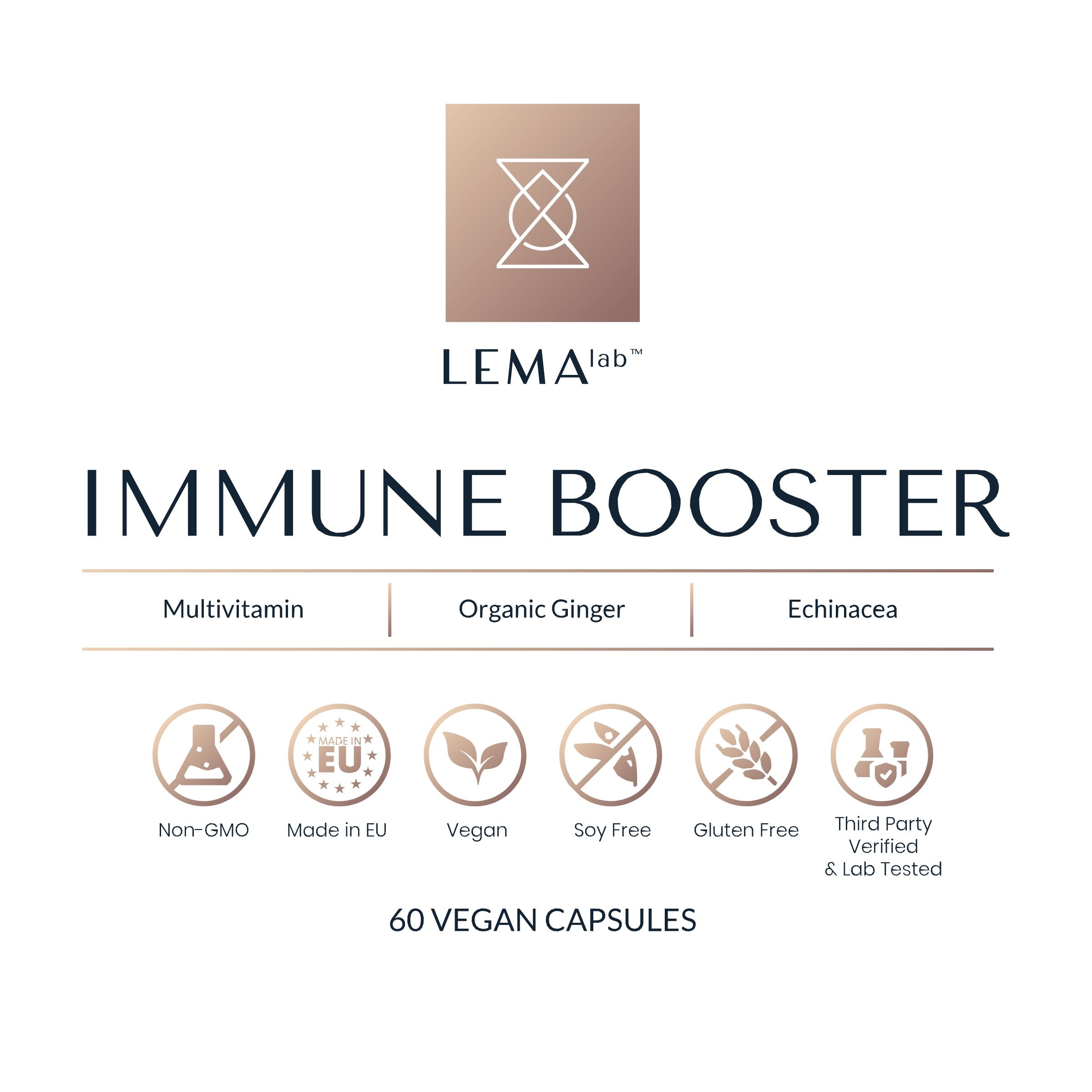
Leave a comment
This site is protected by hCaptcha and the hCaptcha Privacy Policy and Terms of Service apply.